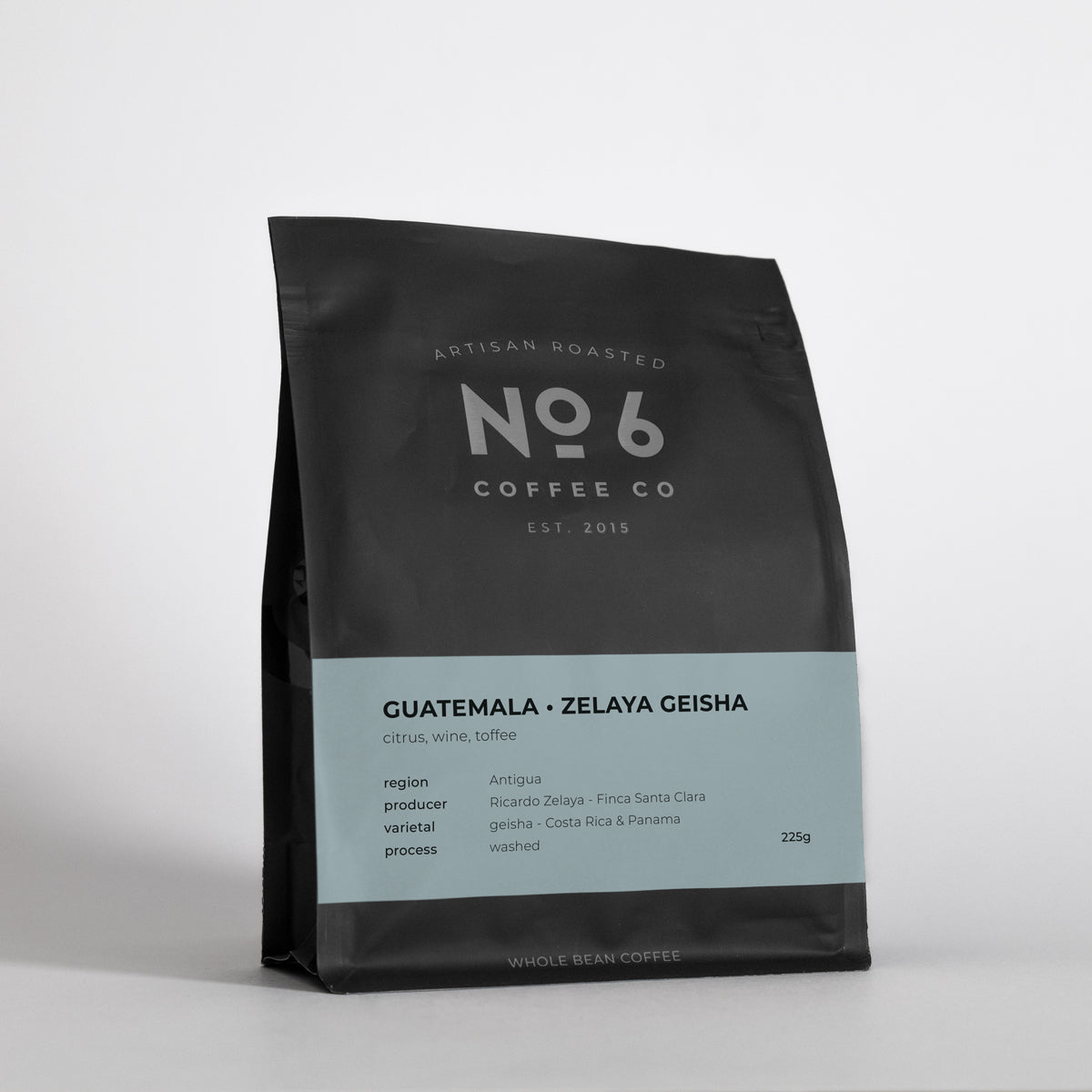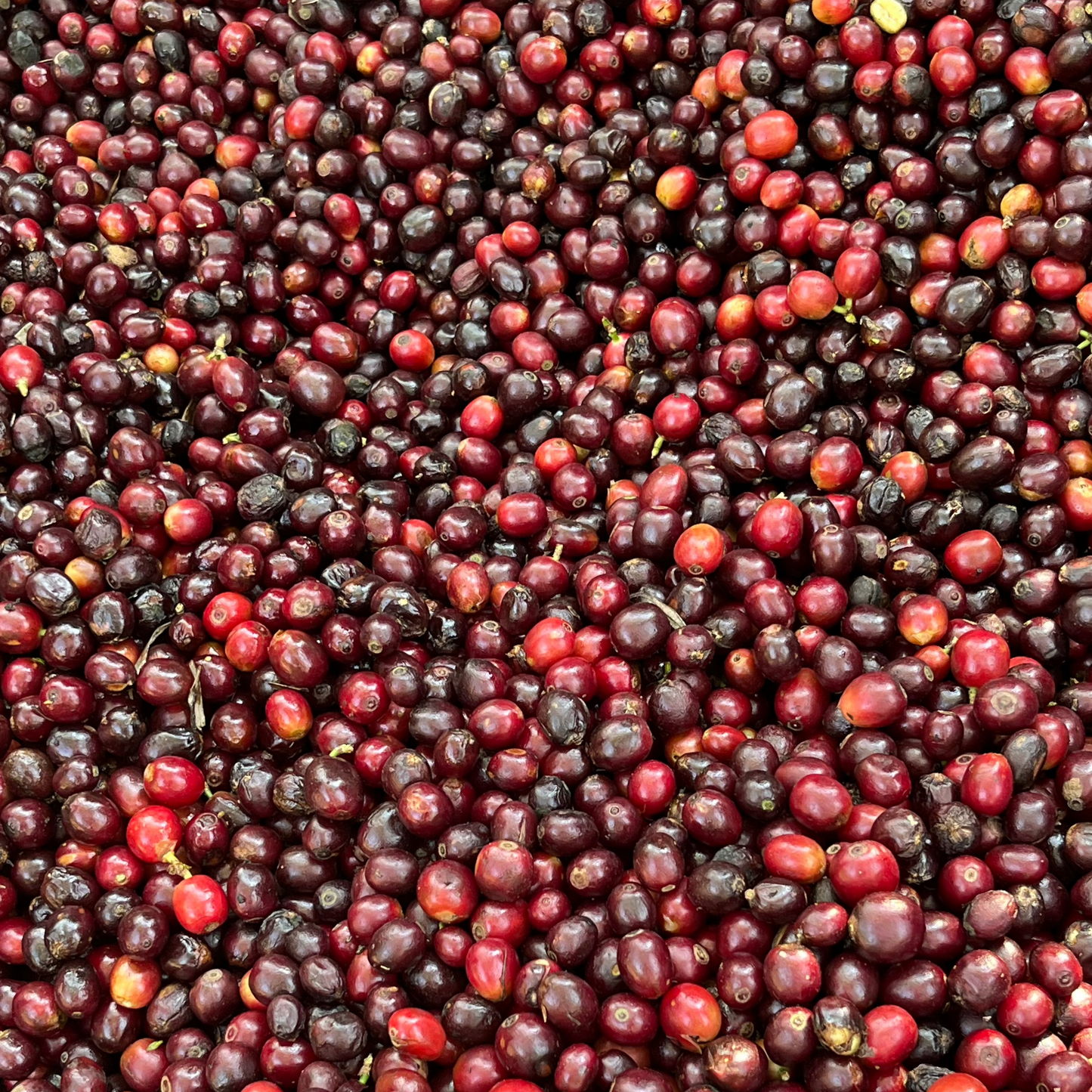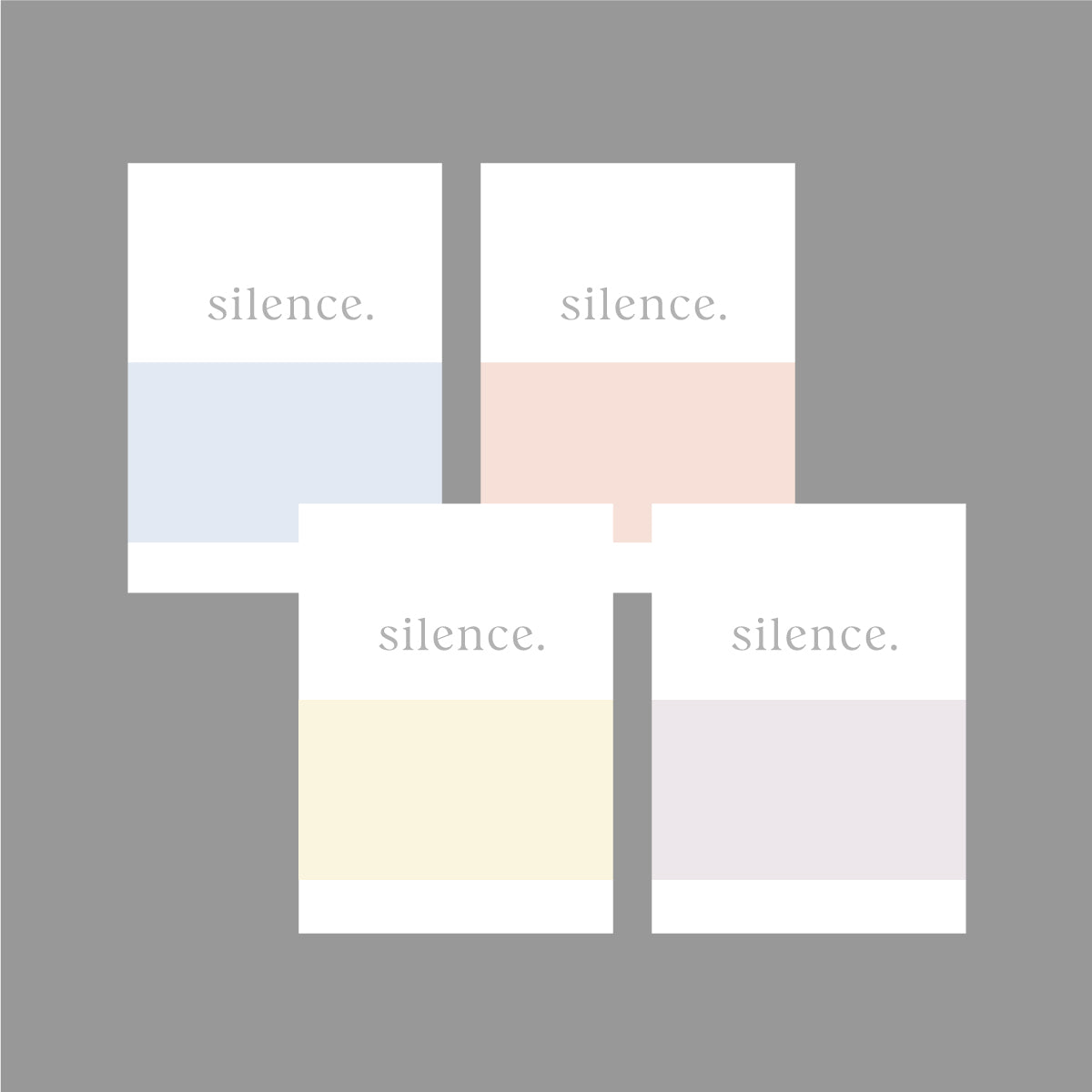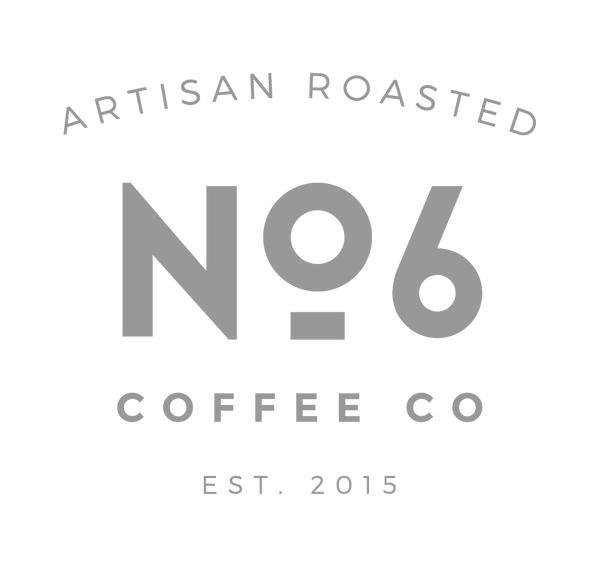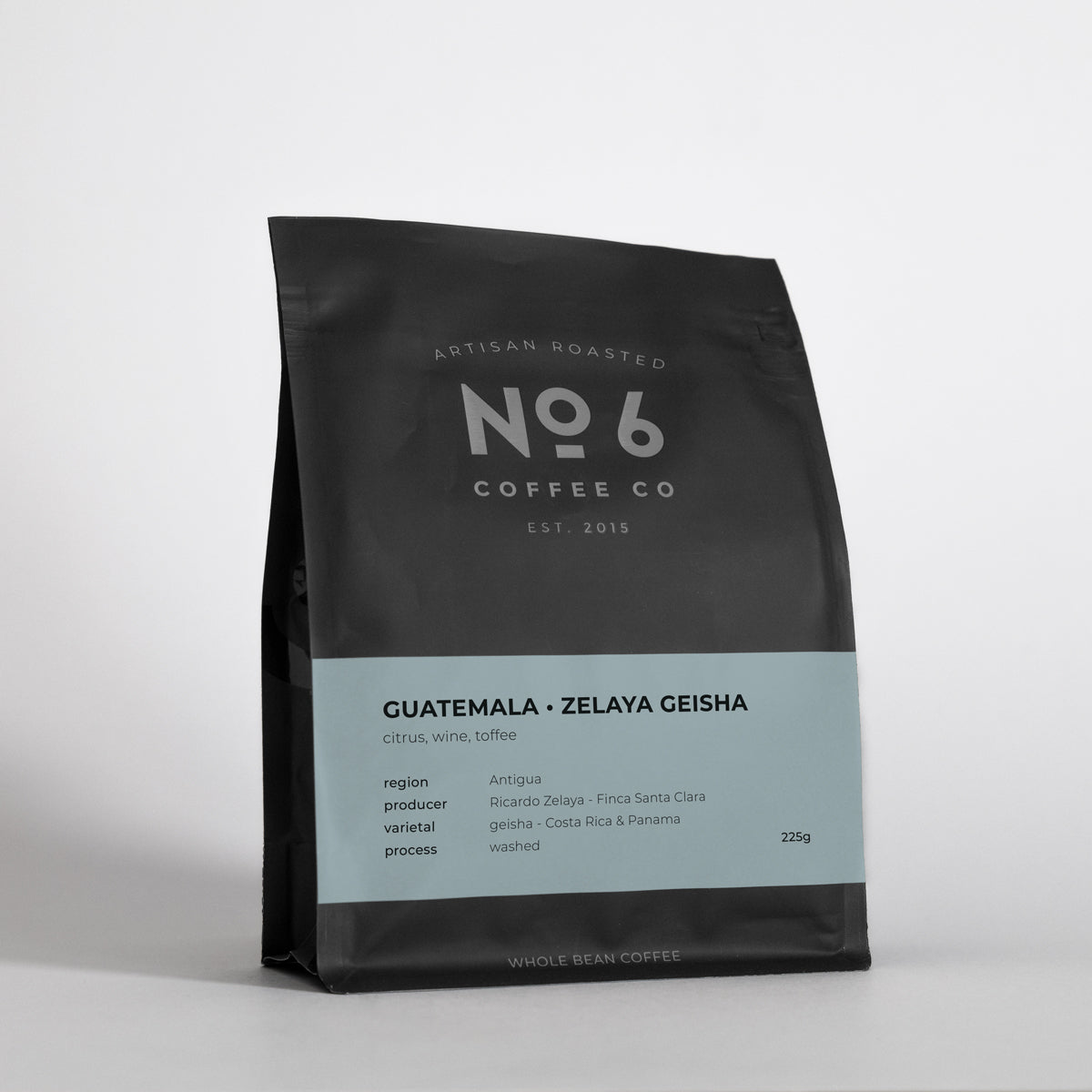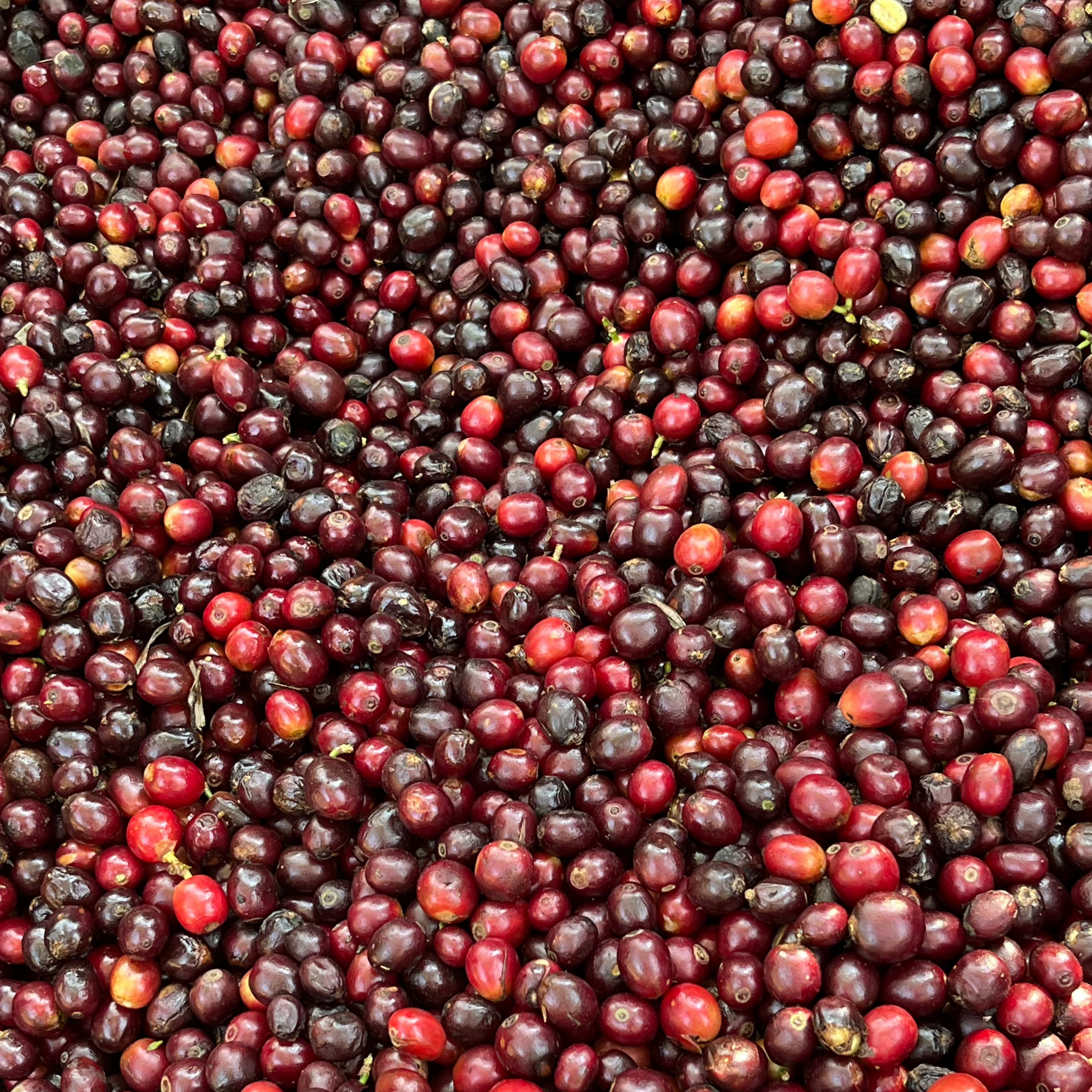Zelaya Geisha
Zelaya Geisha
| country | Guatemala |
|---|---|
| region | Antigua |
| farm | Finca Santa Clara |
| producer | Ricardo Zelaya |
| altitude | 1800 masl |
| varietal | Geisha - Costa Rica & Panama |
| process | washed |
| notes | citrus, wine, toffee |
| profile | clean, balanced, medium body |
| importer | Common Goal |
style
roast level
The Zelaya family boasts a century-long legacy of cultivating coffee in the esteemed region of Antigua, Guatemala. Proud stewards of multiple farms in the area, they have dedicated themselves to meticulously preserving, refining, and enhancing Antigua's reputation as one of Guatemala's most cherished and renowned coffee regions.
Nestled on the fertile southern slopes of the Volcán de Agua in the Antigua Valley, Finca Santa Clara spans ninety hectares. Since 1988, it has been under the ownership and management of Ricardo Zelaya, representing the fourth generation of the Zelaya family devoted to coffee production at Santa Clara.
Ricardo, a forward-thinking farmer, directs his efforts towards achieving the pinnacle of coffee excellence. Overseeing three coffee farms in Antigua—Santa Clara, Hacienda Carmona, and Puerta Verde—and Carrizalito farm in the Nuevo Oriente coffee region of Guatemala. Ricardo's commitment is evident in the management of every aspect. From the precise selection of planted varieties to meticulous attention to plant nutrition, pruning, and the hands-on supervision of the wet and dry mills situated on the estate, Ricardo maintains complete quality control from harvesting to export.
Beyond his dedication to coffee quality, Ricardo is an advocate for sustainability. A quarter of the estate, totaling 25 hectares, is designated as a natural reserve, showcasing his commitment to environmental preservation. In a diversification effort, avocados thrive on approximately 4.5 hectares of the land. Emphasizing eco-conscious practices, all coffee across Ricardo's farms is shade-grown, safeguarding plants from direct sunlight, promoting soil health, and fostering vital habitats for birds and insects.
The family's mills boast eco-friendly features, including sedimentation tanks preventing water system pollution. Notably, composting all mill pulp contributes to organic fertilization, while parchment from the dry mill serves as fuel, reducing reliance on resources. Ricardo Zelaya's holistic approach to coffee cultivation underscores a legacy steeped in tradition and sustainability.
Clean Coffee
Clean Coffee

We believe coffee should be both delicious and responsibly sourced. That’s why we only work with specialty-grade coffees that are carefully harvested, dried, and stored. The result is clean, safe coffee that reflects the care of everyone involved.
We’ve had a few questions lately about mold and mycotoxins in coffee. These concerns are understandable, especially with the rise of health-focused media highlighting potential contaminants in commodity-grade coffees. But it's important to contextualize this issue within the specialty coffee supply chain.
Mycotoxins, such as ochratoxin A (OTA) and aflatoxins, can develop when green coffee is improperly processed, dried too slowly, or stored in environments with high humidity and poor ventilation. These conditions are more common in lower-grade, bulk commodity coffees that are harvested and handled with minimal oversight.
The coffees we buy, on the other hand, are traceable, meticulously processed, and stored under controlled conditions. We work exclusively with specialty importers who conduct rigorous quality control at origin and upon arrival, including moisture content analysis, water activity measurements, and sensory evaluation. Coffees showing any signs of mold contamination would be eliminated long before they reach us. Moldy lots not only pose a safety risk, they simply don’t taste good and would fail basic cupping protocols.
While mold and mycotoxin testing isn’t typically a requirement in the specialty sector, it’s also not absent. In some producing countries, OTA testing is mandatory for export. And in others, lots above a certain size are routinely spot-checked by local quality control authorities. More importantly, the stringent handling and drying practices required to meet specialty standards make the presence of harmful mycotoxins highly unlikely.
We’re also attentive to how we store our green coffee, in sealed GrainPro bags, in a stable, low-humidity environment, and roasted in small batches to maintain quality and freshness.
If you'd like to dive deeper into specific protocols, we're happy to talk more. In short, we only work with importers we trust, who work with producers they trust, and quality control is built into every step. The coffees we choose to roast are clean, carefully handled, and selected with intention.
Schedule
Schedule
La date limite de commande hebdomadaire est le mardi à 9h. Les commandes passées avant cette heure sont torréfiées, emballées et expédiées le mercredi. Toutes les commandes reçues après cette heure sont sujettes à une expédition la semaine suivante en fonction du débordement.
Nos tarifs d'expédition actuels sont les suivants :
Tarifs de livraison locaux dans un rayon de 2 km
5,00 $ pour les commandes entre 0 $ et 20 $
2,50 $ pour les commandes entre 20 $ et 40 $
GRATUIT pour les commandes de plus de 40 $
Expédition canadienne (avec suivi)
Tarifs standard pour les commandes entre 0 $ et 36 $
10 $ pour les commandes entre 36 $ et 75 $
GRATUIT pour les commandes de plus de 75 $
Expédition aux États-Unis (avec suivi)
Tarifs standard pour les commandes entre 0 $ et 100 $
GRATUIT pour les commandes de plus de 100 $
Shipping Rates
Shipping Rates
Our current shipping rates are as follows:
Local Delivery Rates within 2km
$5.00 for orders between $0-$20
$2.50 for orders between $20-$40
FREE for orders over $40
Canadian Shipping (with tracking)
Standard rates for orders between $0-$36
$10 for orders between $36-$75
FREE for orders over $75
US Shipping (with tracking)
Standard rates for orders between $0-$100
FREE for orders over $100
Packaging
Packaging

Biotrē™ 2.0 a des couches externes fabriquées à partir de pâte de bois et de cellulose à partir de pâte de bois. Dans Biotrē ™ 2.0 avec du papier Kraft naturel à l'extérieur, les couches extérieures représentent environ 60% du matériau en poids et il a été démontré qu'elles se décomposent en un compost sain en 12 semaines lorsqu'elles sont testées dans les conditions d'une méthode de test appelée ASTM D6868. La couche intérieure scellable de Biotrē™ 2.0 est constituée d'une ressource végétale renouvelable, la canne à sucre. Il s'agit d'une couche durable, c'est-à-dire non biodégradable, fabriquée à partir de sources végétales renouvelables. Le gaz à effet de serre CO2 est absorbé et réduit pendant la croissance de la plante.
Biotrē™ adopte une approche globale pour être respectueux de l'environnement.
- Réduction des déchets - Biotrē™ peut réduire la quantité d'emballages qui finissent dans le stockage à long terme des déchets comme une décharge.
- Biotrē™ 2.0 – les couches externes se décomposant naturellement dans un environnement de compostage en un temps relativement court, les emballages peuvent être traités dans un compost domestique pour convertir 60 % des matériaux (Biotrē™ 2.0 n'est pas recommandé pour le compostage municipal ou industriel) . La couche interne peut être retirée du compost si elle est trouvée et jetée avec les ordures normales. 60 % moins de matériaux vont à la décharge.
- Changement climatique - Les composants à base de plantes qui entrent dans Biotrē™ (pâte de bois, canne à sucre et maïs) absorbent le gaz à effet de serre CO2 par la respiration naturelle des plantes avant d'être utilisés pour fabriquer les emballages Biotrē™. L'absorption et la réduction de la quantité de CO2 dans l'atmosphère contribuent à endiguer la vague du changement climatique mondial.
- Ressources naturelles - Biotrē™ préserve nos ressources naturelles en réduisant l'utilisation de combustibles fossiles et de ressources minérales limitées et en favorisant l'utilisation de sources cycliques et durables. Alors que la plupart des emballages barrières sont fabriqués presque exclusivement à partir de plastiques à base de pétrole ou de feuilles d'aluminium, les couches de film Biotre® sont constituées de n'importe où pour 60 % à près de 100 % de plantes renouvelables.
Volume Discounts
Volume Discounts
We're dropping the bomb on exclusive volume discounts on our entire coffee collection. Mix and match any single origin and/or blends and get the following discounts automatically applied at checkout.
| 15 - 44 bags | 10% off |
| 45 - 89 bags | 15% off |
| 90 - 179 bags | 20% off |
| 180+ bags | 25% off |
En rupture de stock
10 bags, mix & match = 5% discount
15 bags, mix & match = 10% discount
Automatically applied at checkout.
Impossible de charger la disponibilité du service de retrait
